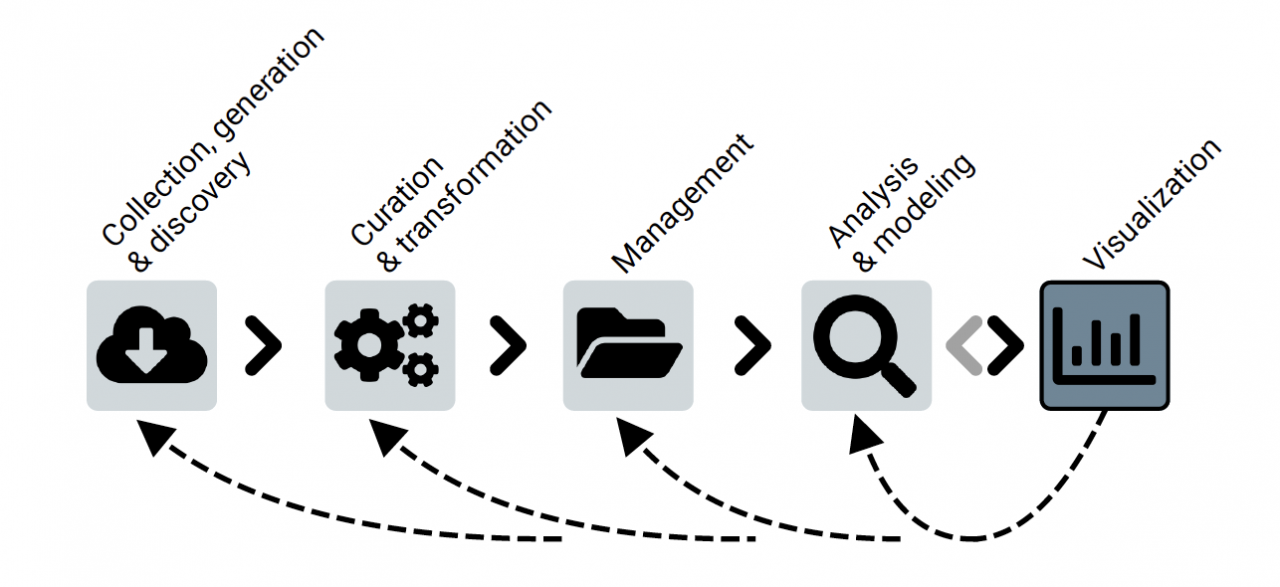|
|
||||||||||||||||||
Urban Visual Analytics Systems Research Published in Computer Graphics 2024 Journal
Participants: Fabio Miranda, Gustavo Moreira, Leonardo Ferreira
“Assessing the Landscape of Toolkits, Frameworks, and Authoring Tools for Urban Visual Analytics Systems” has been accepted for publication by Science Direct (Elsevier) in the Computer Graphics 2024 Journal. In this paper, researchers reviewed 135 works to assess the extent to which current open-source toolkits, frameworks, and authoring tools can effectively support the development of components tailored to urban visual analytics, identifying strengths and limitations in addressing the unique challenges posed by urban data. Project Overview The creation of visual analytics systems focused on urban issues has seen a notable surge. These systems simplify intricate urban analysis workflows into intuitive, interactive visual representations, enabling users to explore, understand, and derive insights from large, complex data. Examples of these datasets include street-level imagery, street networks, and building geometries. Developing urban visual analytics systems, however, is a challenging task that necessitates significant programming expertise to handle several critical aspects, such as: (1) visualization to allow for data exploration in urban environments, (2) data management to integrate diverse urban data types and sources, (3) data analytics to highlight patterns and trends, and (4) system performance to ensure interactive response times. Furthermore, such development requires collaboration between stakeholders from different disciplines, including urban planning, public policy, public health, and climate sciences. The complexity involved and the tendency for these efforts to occur within the framework of one-off collaborations often lead to the creation of monolithic and isolated prototypes that are rarely made publicly available. Such a situation, with a notable lack of emphasis on interoperability as a design requirement, makes it difficult to extend existing systems and integrate discrete components into other tools. The paper was led by PhD student Leonardo Ferreira under the advisement of EVL faculty and Computer Science assistant professor Fabio Miranda. Date: August 21, 2024 |